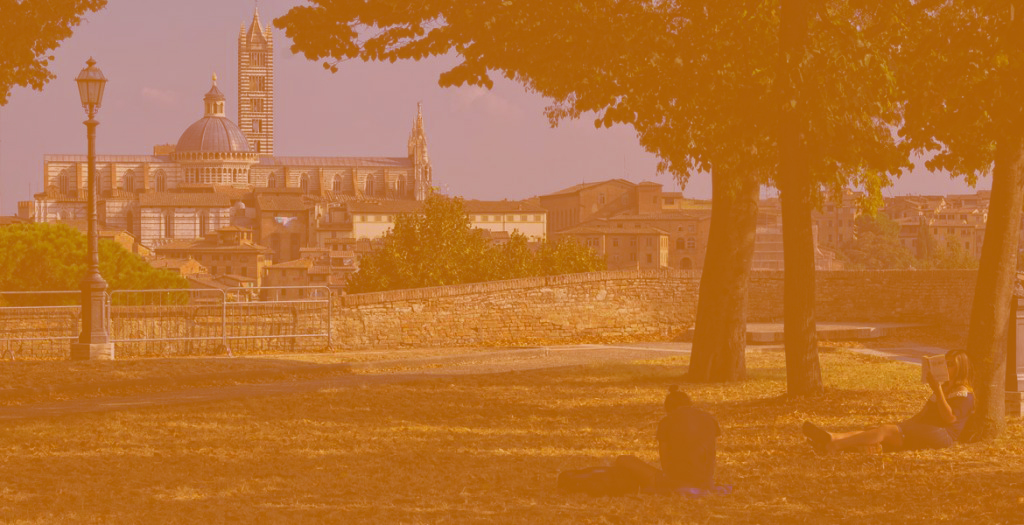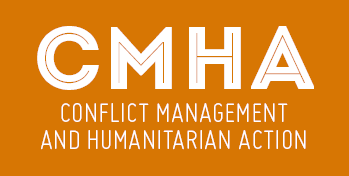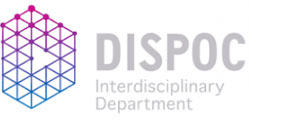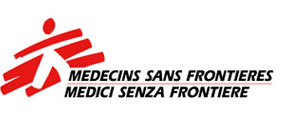Master Programme
Conflict Management and Humanitarian Action
Course Description
Graduates of the UNISI master programme in “Conflict Management and Humanitarian Action” develop a wide range of knowledge including practical and theoretical aspects of conflict management and humanitarian actions in a intercultural environment. They are provided with key issues and current debates on humanitarian responses in complex emergency through a variety of module and seminars presented by academics, practitioners and organisations that shape humanitarian responses around the world.
Application
Apply here
The programme is expected to start in January 2024
Course
Duration
12 Months
130 h + seminars
Tuition
Fee
2024 entrants
4000€
Key Topics:
The master discusses global challenges faced by the humanitarian sector throughout overviews and case studies given by practitioners and sectorial experts. Students are provided with critical analyses of practices and policies of humanitarian responses, especially in prominent sectors such as: global health, migration, management in humanitarian interventions; advocacy and communication; humanitarian negotiation, conflict resolution practices, scientific and cultural diplomacy in an intercultural context.
Ad-hoc Seminars:
A series of seminars have been thought to complement the theoretical part of the course, providing a more practical and interactive experience. This includes role plays, presentations and case study. Seminars focus on practical exercises, which are provided for developing adequate tools to deal with humanitarian dilemmas and adapting the project strategy to difficult and complex environments. Graduates grasp practical notions including reporting in the humanitarian context, such as: context analysis, identifying main humanitarian actors and needs, building advocacy/communication strategy); and, how to conduct operational research.

Structure:
GLOBAL POLITICS, HUMANITARIAN ACTION AND INTERVENTION DESIGN
Co-ordinator: Luca Verzichelli
Modules:
- Global politics and international relations
- Research methods and the intercultural context
- Humanitarian action in the MENA countries and Africa
- From war to peace: patterns of conflict resolution and institutional building in contemporary world
INTERNATIONAL LAWS, HUMANITARIAN ACTION AND INTERVENTION DESIGN
Co-ordinators: Federico Lenzerini
Modules:
- International law and humanitarian action
- International humanitarian operations
- Project management: operations advocacy and communication
- Security management in the humanitarian context
- Humanitarian advocacy: the case of MSF
- Public communications in humanitarian settings: strategies and tactics
PEOPLE ON THE MOVE AND HUMANITRIANISM
Co-ordinators: Francesco Olmastroni; Tommaso Fabbri
Modules:
- Geopolitics of displacement: from conflict to climate change
- Sustainable food systems
- Food security: the role of NGOs
- Displacement and humanitarianism in open and closed settings
- Migration - effects on health and equitable right to health care
- Protection and migration
- Intercultural dialogues
INTRODUCTION TO GLOBAL HEALTH
Co-ordinator: Tommaso Fabbri
Modules:
- Health systems and governance
- Introduction to global health. Health priorities, and agenda in the humanitarian context
- Introduction to public health in Complex Humanitarian Emergencies (CHE)
Co-ordinator: Luca Verzichelli
In order to facilitate future career developments, the master programme foresees the possibility of a period of internship (of 3-4 months). The internship has to be completed by the student within the degree program.
The internship can be done according to two different modalities:
External internship: a period of training in an institution/organization working in a field related to content of the master programme.
Internal internship: a research period to be spent in the department of Social Political and Cognitive Science working on a topic agreed with the teaching staff.
Participants will be supported by the master’s staff and the UNISI Placement Office in the detection of the institution/ organization/ association where to do the internship as well as in the elaboration of the internship project.
The master programme is offered by the Department of Social, Political and Cognitive Science at the University of Siena in collaboration with Rondine Cittadella della Pace. This is an international organization hosting young people from countries affected by armed conflicts or in post-conflict transition. The organisation is committed to spread its own method for the creative transformation of conflicts in every context. The programme also counts on the active collaboration of practitioners from the international NGO Médecins Sans Frontières (MSF).
The classes of the a.y. 2024 will be held with a hybrid learning format.
The next application call will open in summer 2023, as the new master programme is expected to start in January 2024.
Entry Requirement
1st cycle degree (e.g., B.A.) or higher
Venue
University of Siena (UNISI)
Via Mattioli, 10 - Siena
Degree Awarded
First Level Master Degree
60 Credits
Mode of Attendance
Full time
Internship
Opportunity
3-6 months of internal or external internship
Course Language
English

University of Siena (UNISI)
Department of Social Political and Cognitive Sciences
Via Mattioli, 10 - Siena
Institutions:
The association “Rondine Cittadella della Pace” is an international organization that exists since 1997 in order to promote dialogue and conflict resolutions on different levels: interpersonal, political and international. The core project of Rondine is the cohabitation of young professionals who come from countries in conflict and belong to different cultures.
Specialized in research on political, cultural and social transformations, the Department of Social, Political and Cognitive Sciences of the University of Siena is committed to high-quality undergraduate and graduate instruction in a variety of disciplines. It hosts a vibrant community of social and political scientists.
Contributions:
Contribution of expert practitioners in the humanitarian sector
Various practitioners from the international, non-governmental organization Médecins Sans Frontières (MSF- Doctors Without Borders) will collaborate as instructors in some of the courses, seminars and workshops offered during the master program.





